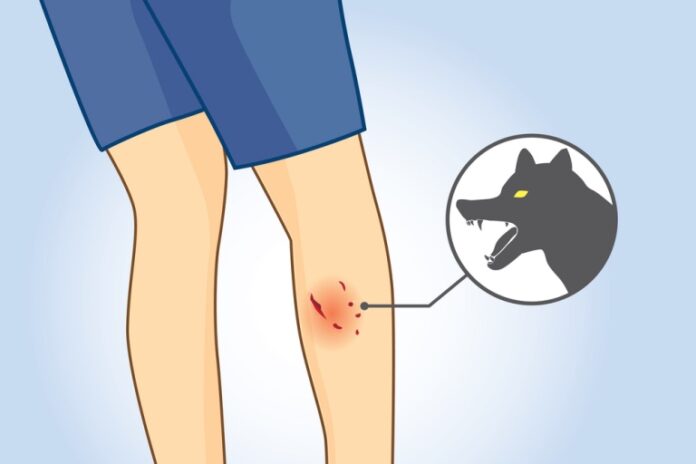Dog bites are a serious public health issue that affects people and communities all over the world. Even though dogs are frequently loved pets, encounters with them can occasionally result in harm and injury. Dog bites, which are defined as the puncturing or ripping of skin by a dog’s teeth, can vary in severity from minor incidents to serious attacks that have long-lasting effects on one’s physical and mental health.
Everyone loves to have their own pet, especially a dog, but what if the dog becomes aggressive or you have bitten a stray dog that has rabies? What are you going to do? If you have been bitten by dogs, you will be compensated for this situation. Want to know how? Click here to read more. In this article, we will discuss the impact of dog bites.
Physical Consequences
The degree of a dog bite can vary, from minor scratches to major puncture wounds and tissue damage. To heal injured tissues and stop infection, severe bites may need surgical intervention, such as reconstructive surgery or suturing. Dog bites carry a high risk of infection because of the bacteria in their mouths.
Pasteurella multocida, Streptococcus spp., and Staphylococcus aureus are common pathogens. Infections can result in problems such as cellulitis, abscess formation, or even systemic infections like sepsis if they are not treated properly and with timely medical attention.
Psychological Effects
Being bitten by a dog can be a painful experience that leaves one fearful and anxious, especially around other dogs. In addition to displaying symptoms of post-traumatic stress disorder (PTSD), such as intrusive thoughts, nightmares, and hypervigilance, victims may grow fearful of situations that resemble their own.
Dog bites can cause long-lasting emotional effects that impact relationships with others, one’s sense of self, and one’s faith in animals. After a dog bite, children in particular may experience dread and anxiety that negatively affect their quality of life and emotional growth.
Financial and Legal Ramifications
Medical costs associated with treating dog bite injuries can be high and may include ER visits, hospital stays, surgeries, and follow-up care. Victims and their families may find it difficult to pay for these expenses, especially if they don’t have enough health insurance.
After a dog bite occurs, dog owners may be held legally responsible for damages like medical expenses, lost income, and pain and suffering. If their dog’s acts are judged to be careless or hazardous, owners may also face fines, penalties, or even criminal charges, depending on the local laws and the circumstances surrounding the occurrence.
Societal Impact
Prominent cases of dog bites have the power to alter public opinion of particular dog breeds as well as laws and rules pertaining to dog ownership. In reaction to perceived concerns, breed-specific legislation (BSL) may be passed, resulting in breed bans or restrictions that affect responsible dog owners and well-mannered dogs.
Dog bites have the potential to compromise neighborhood safety and harmony, especially in areas where aggressive or misbehaving dogs are common. Safer communities depend on effective dog bite prevention strategies, such as leash law enforcement, education, and the encouragement of responsible ownership.
Conclusion
Dog bites affect people individually, as well as their families and communities, in a way that goes beyond simple, one-time physical injuries. Comprehending the intricacy of these effects is essential to formulating all-encompassing tactics to avert dog attacks and provide assistance to those impacted by them.
By providing people with the necessary information and abilities to stop dog attacks, we can reduce risks and make places safer for both people and dogs.
